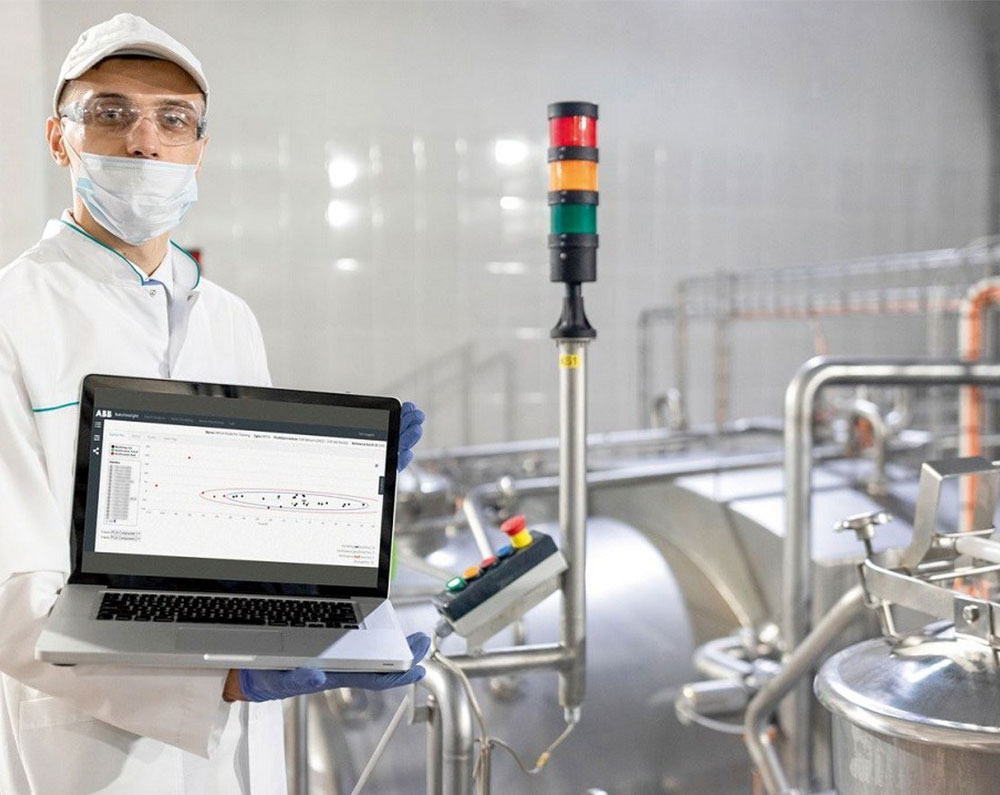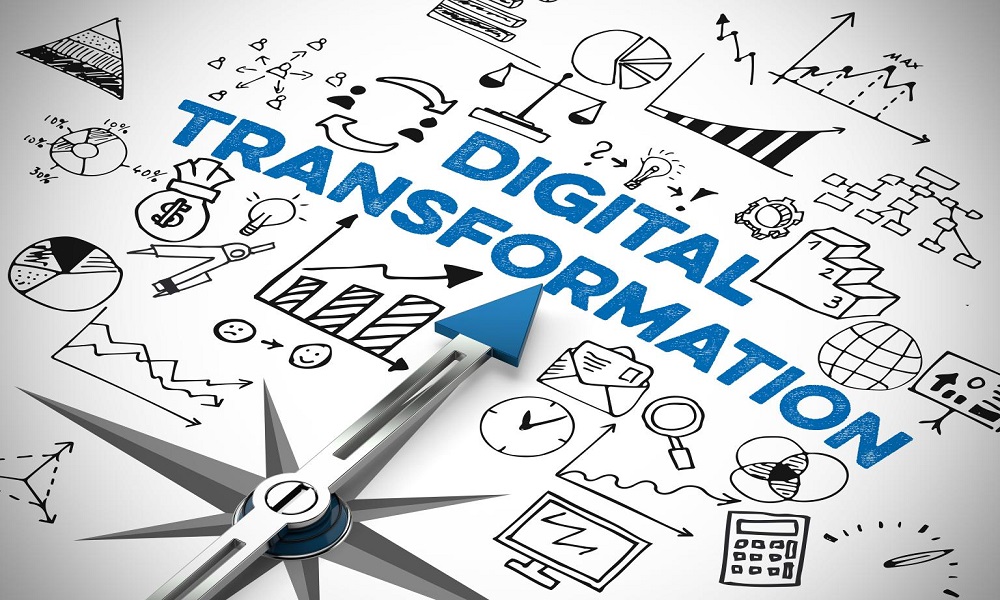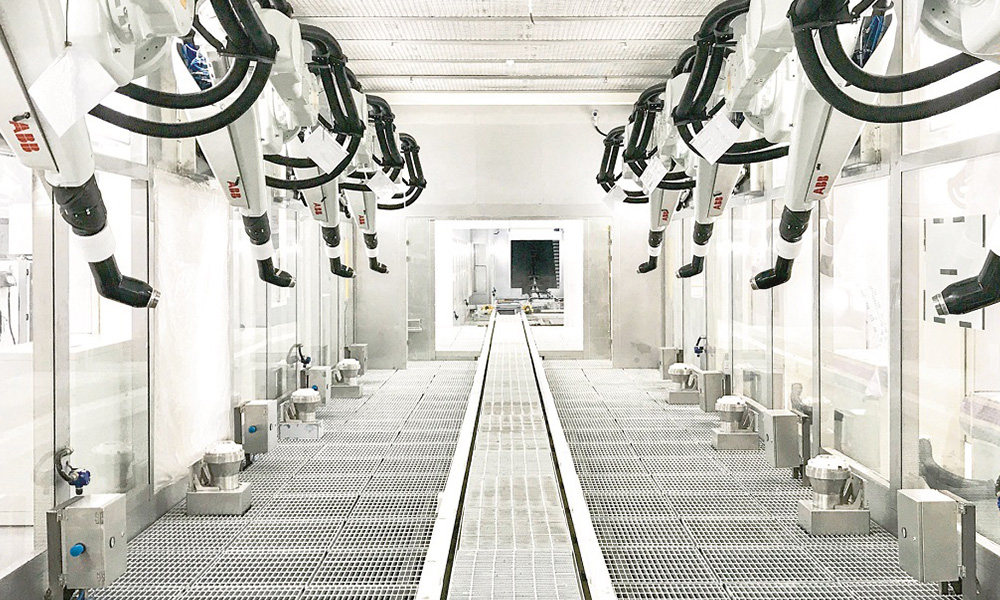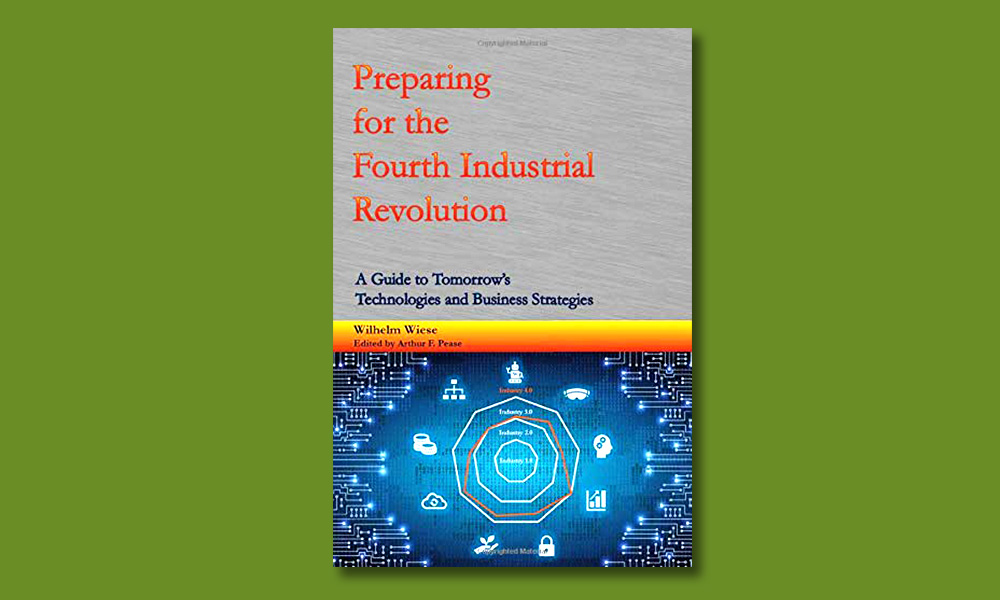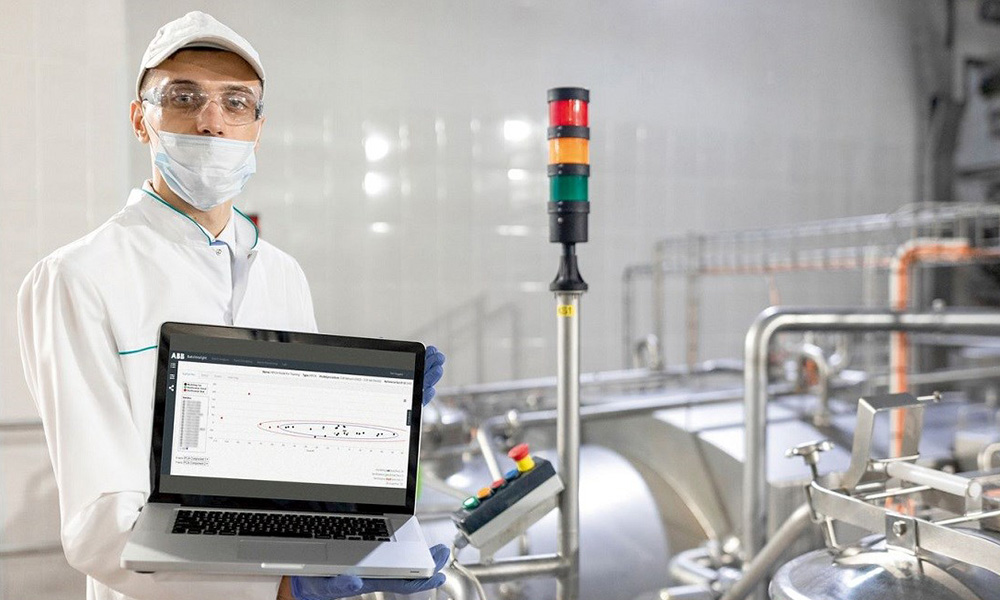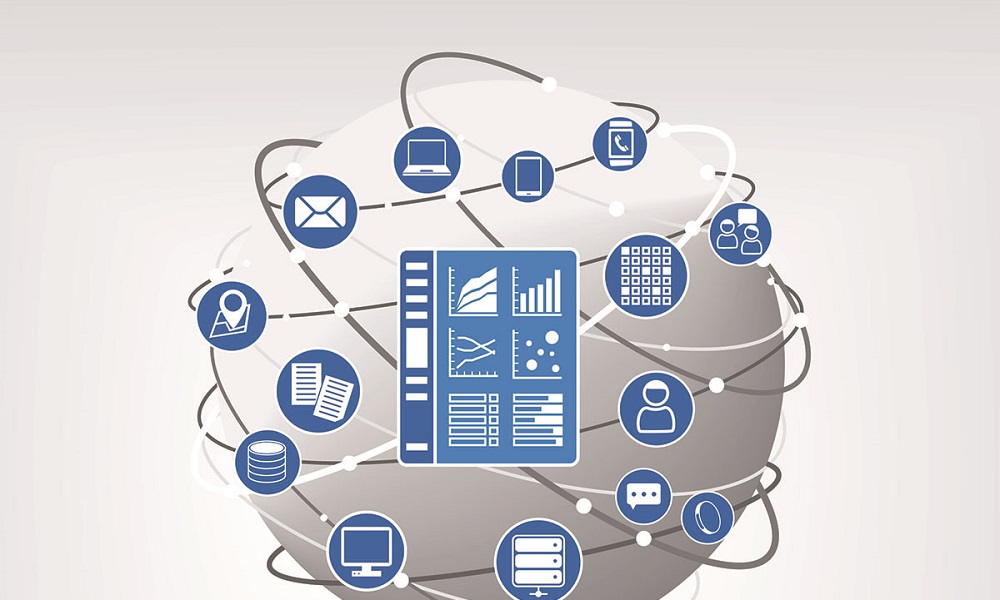Startseite » services » Digitalisierung
Digitalisierung
Konzeption und Umsetzung von Digitalisierungsangeboten durch die Einführung neuester Technologien und der entsprechenden Erweiterung der Geschäftsmodelle, um neue Märkte für das Unternehmen zu erschließen.
- Geschäftsentwicklung durch die Identifikation der Value-Proposition von Digitalen Produkten und Dienstleistungen aus der Sicht der Kunden des Unternehmens
- Erstellen von übergreifenden Umsetzungsplänen durch die Identifizierung aller involvierten Geschäftsbereiche und Partnern, von der Entwicklung bis zum Verkauf
- Schnelle Hands-on Umsetzung durch kontinuierliche und agile Anpassungen entsprechend des Feedbacks der Kunden und Mitarbeiter im Einklang mit der Firmenkultur
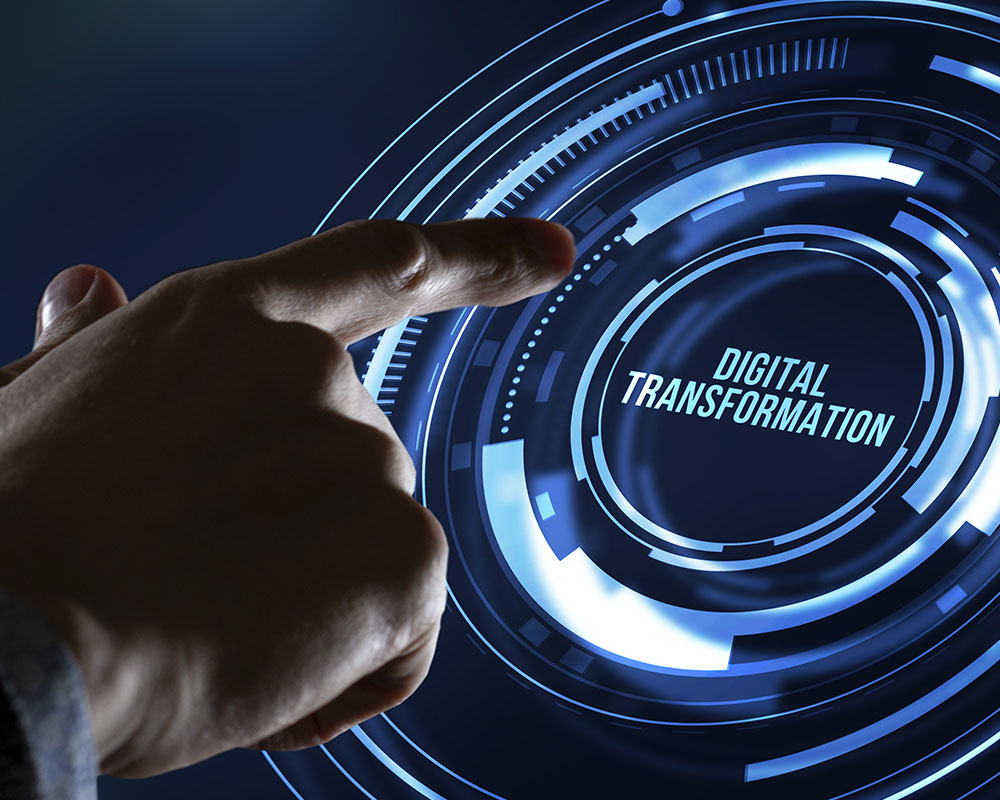
„Mit neuen Technologien wie z.B. Cloud Services wird sich die Industrie nachhaltig verändern. Um das volle Potential des Digitalisierungsangebotes zu nutzen müssen diese Neuerungen holistisch und industriespezifisch, entlang der gesamten Wertschöpfungskette eines Unternehmens betrachtet und implementiert werden.“
Wilhelm Wiese
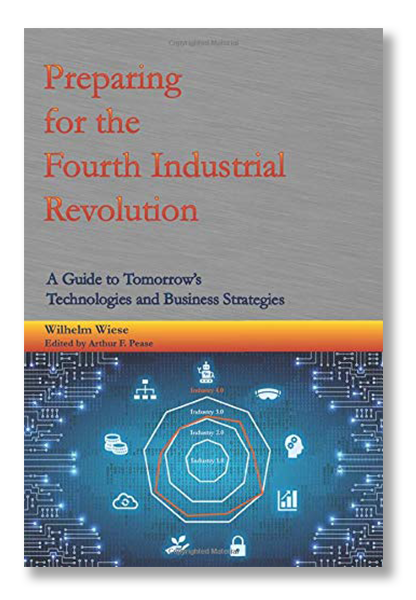
Leseprobe
A few thoughts on Disruption
… In the context of the Fourth Industrial Revolution there are a lot of buzz words in every presentation. You can go to any conference or read just about any technical article and you will find at least some of them. What’s often missing, however, is reflection regarding what these terms mean in the context of industry. What will we gain? What will we lose? Why and in what ways are we being disrupted? And when we look a bit more closely at what’s going on, we must admit that technology itself isn’t disrupting anything. It’s the applications of technology that are shaking things up.
Take the Cloud, for instance. This is a general term that’s often applied indiscriminately to all sorts of developments in the context of the Fourth Industrial Revolution. But in point of fact, the Cloud is simply the core infrastructure that is used to deliver hosted software services over the Internet. A cloud is typically hosted in large, centralized data centers around the globe and its services are usually sold “on-demand,” typically by time of usage or storage volumes. The major benefit of the Cloud compared to a traditional local server-based infrastructure is that it is elastic, which means that associated computing and storage resources shrink and expand to meet the user’s changing needs.
However, in the context of the Fourth Industrial Revolution, access to the Cloud via the Internet and its often globally distributed infrastructure has engendered concerns regarding data residency, privacy and security. These concerns are particularly intense in those industries where intellectual property plays a key role. For example, it is easy to see why a pharmaceutical company that has spent tens of millions of dollars on research to develop a new medication will resist the temptation to upload any of its process-specific data to the cloud that might allow reverse engineering of its recipe. …
Referenzprojekte
- Aufbau des ABB Ability Teams im ABB Corporate Technology Centers (CTC), mit Schwerpunkt Cyber-Security für ABBs Technologie-Plattformen das sich zum globalen COE (Center of Excellence) für alle ABB-Produkte entwickelt hat.
- Ausbau und kundenzentrische Ausrichtung des ABB Service Centers für Automatisierungstechnik in Singapur und Einführung von Value-Based-Selling an den ABB Standorten in der Asien-Pazifik Region
- Pionier der dritten industriellen Revolution mit einer Vielzahl von Projekten wie der Einführung von Feldbus-Technologie von der Entwicklung der Architektur von Automatisierungssystemen bis hin zur Wertschöpfung heutiger Asset-Management-Anwendungen
